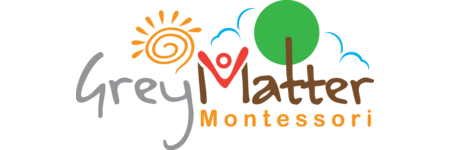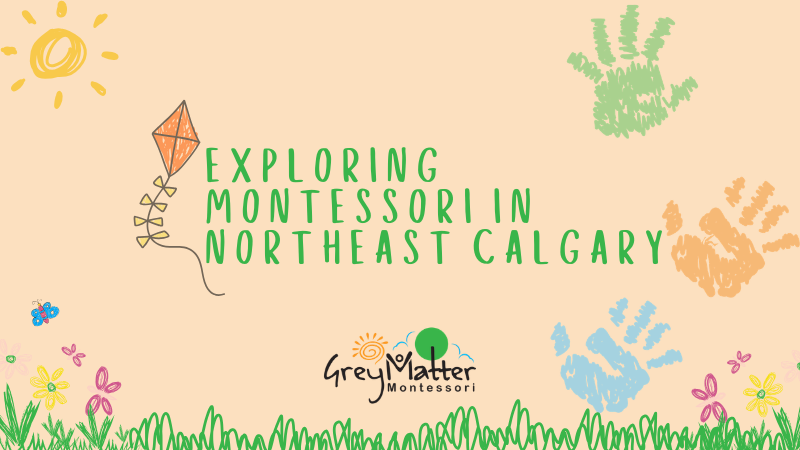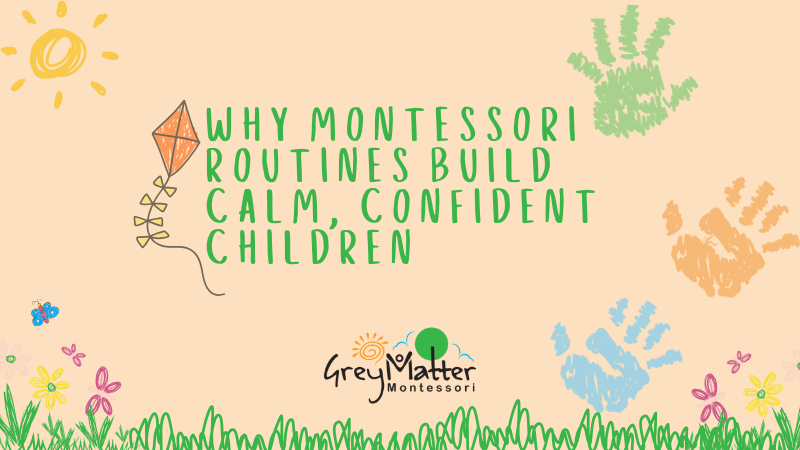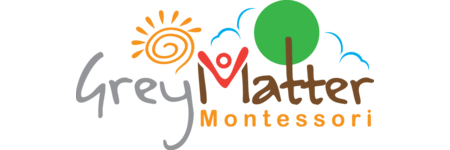Rather than grouping early education students by the year they were born, Montessori schools group students based on developmental stages of learning. This means Montessori schools conduct their educational practices within mixed-aged groups.
Montessori’s mixed-age classes combine children from two age groups: 3 to 6 years old and 6 to 9 years old. Educating children in mixed-age groups has several significant impacts on children’s social, intellectual, and emotional development. If you would like to learn more about this unconventional and innovative teaching strategy, continue reading. We will be discussing the benefits of mixed-age teaching and how it can aid in your child’s developmental journey.
Development In Several Areas Of Life With Montessori School
Mixed-age learning has several beneficial factors that make it an appealing choice for parents choosing their child’s early education. If you would like your child to learn in an environment that provides opportunities to develop their emotional, social, and intellectual abilities, Montessori preschool is the perfect place to start.
5 Reasons Montessori Schools Teach Mixed-Age Groups
Its Effectiveness Has Been Proven
Research on the development of children in a mixed-age environment has found several benefits to their intellectual development, such as gaining a positive sense of self.
Stone (1998) and Veenman (1996), for instance, found that children in mixed-age classes have more affirmative attitudes about themselves concerning education and life.
It Represents Everyday Life More Accurately
Mixed-age learning provides children with a more realistic understanding of how life works outside the classroom. This aspect aids in children’s social development as they learn to navigate social interactions with individuals of various ages. Aside from the opportunity to interact with children of different ages, Montessori’s learning approach creates a gateway for children to learn how to develop interpersonal relationships with other individuals.
Children Develop Skills Out Of Curiosity Rather Than Compliance
Children enrolled in Montessori schools tend to develop skills quicker than in traditional preschools. This is due to younger students observing older or more developed children and the things they do. These observations create curiosity for the child to try these activities themselves. The basis of learning continues to develop through curiosity over the years, allowing children to progress naturally and collaboratively.
Eliminates Competition
Montessori schools promote self-directed learning so students can focus on personal interests and skills without comparing themselves with other students. Having a variety of ages within the classroom means most students will be learning and developing in different ways and at different rates. Since all students are different, children do not feel the need to compete with their classmates to reach a certain goal.
Social And Emotional Development
Montessori's collaborative learning environment can aid in developing skills beyond intellectual abilities, especially for older students in the class. They learn what it means to be a role model for younger students. They can practice noticing others' needs by assisting younger students that may need extra assistance. This teaches children how to be sensitive to other people’s capabilities and emotions. It also instills an understanding that their actions can help others, which generates a higher sense of self and purpose in the world.
Mixed Age Classes Can Enhance Your Child’s Development
Your child’s educational journey significantly impacts their overall development and can shape who they become in the future. Grey matter Montessori provides an open learning environment in mixed-age classrooms so children have the opportunity to develop their intellect while strengthening their social and emotional skills. Mixed-age classrooms have been proven to enhance children's sense of self which may help them all the way throughout their adolescent years.
FAQs
Q: What are the downsides to mixed-age teaching?
A: Teachers for mixed-aged classes must be highly qualified. They must facilitate an environment that promotes collaboration and progression amongst a wide variety of children—all with differently developed minds. This makes the supply of Montessori teachers limited, which is why Montessori is in a specialized category of education.
Q: Why does Montessori have school uniforms?
A: Students wear uniforms to create a distraction-free environment so they can focus solely on their learning.
Q: Does Montessori preschool go all year long?
A: Montessori preschool runs during the same time frame as the Calgary Board of Education Modified Calendar. The year begins in mid-August and ends in the following June.
If you are interested in more Montessori experiences for your child throughout the entire year, consider our summer camps, which run during July. Learn more about our summer programs here.





